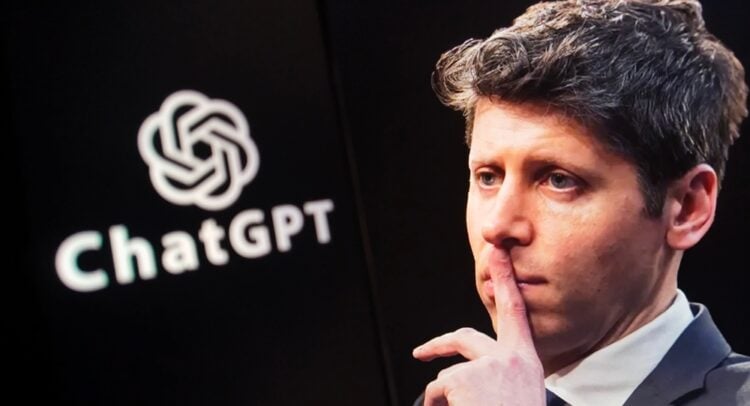OpenAI (PC:OPAIQ) CEO Sam Altman took to X (formerly Twitter) to clarify that the company is not looking for government guarantees for its data centers. Also, he said OpenAI expects to reach an annual revenue run rate of over $20 billion by the end of 2025, which will help fund its large-scale infrastructure plans.
Meet Your ETF AI Analyst
- Discover how TipRanks' ETF AI Analyst can help you make smarter investment decisions
- Explore ETFs TipRanks' users love and see what insights the ETF AI Analyst reveals about the ones you follow.
No Government Bailouts
Altman clarified that OpenAI does not seek or have government guarantees and believes taxpayers should not bail out private companies “that make bad business decisions or otherwise lose in the market.”
Instead of government bailouts, he supports the idea of governments building and owning their own AI infrastructure, with benefits flowing back to the government, not private firms.
How Will OpenAI Pay for $1.4 Trillion?
Addressing concerns about its massive infrastructure spending, Altman said he expects annual revenue to surpass $20 billion this year and aims to grow to hundreds of billions by 2030. Further, he noted that the $1.4 trillion in commitments is expected to be paid over the next eight years.
He expects the revenue growth to be “a lot of work,” but sees potential in its upcoming enterprise offering, expansion into consumer devices and robotics, and selling AI cloud compute capacity directly to businesses and individuals.
Altman also hinted at future equity or debt raises, and stressed that current trends suggest the world will need far more computing power than OpenAI is already planning for.
“Too Big to Fail”
“If we screw up and can’t fix it, we should fail, and other companies will continue on doing good work and servicing customers,” said Altman while addressing concerns about OpenAI becoming “too big to fail.”
The company emphasized that government support should have a national AI strategy for its own AI infrastructure, not private bailouts.
He clarified past comments about the government being an “insurer of last resort,” noting that this was in context to a catastrophic misuse of AI, not financial bailouts.
















